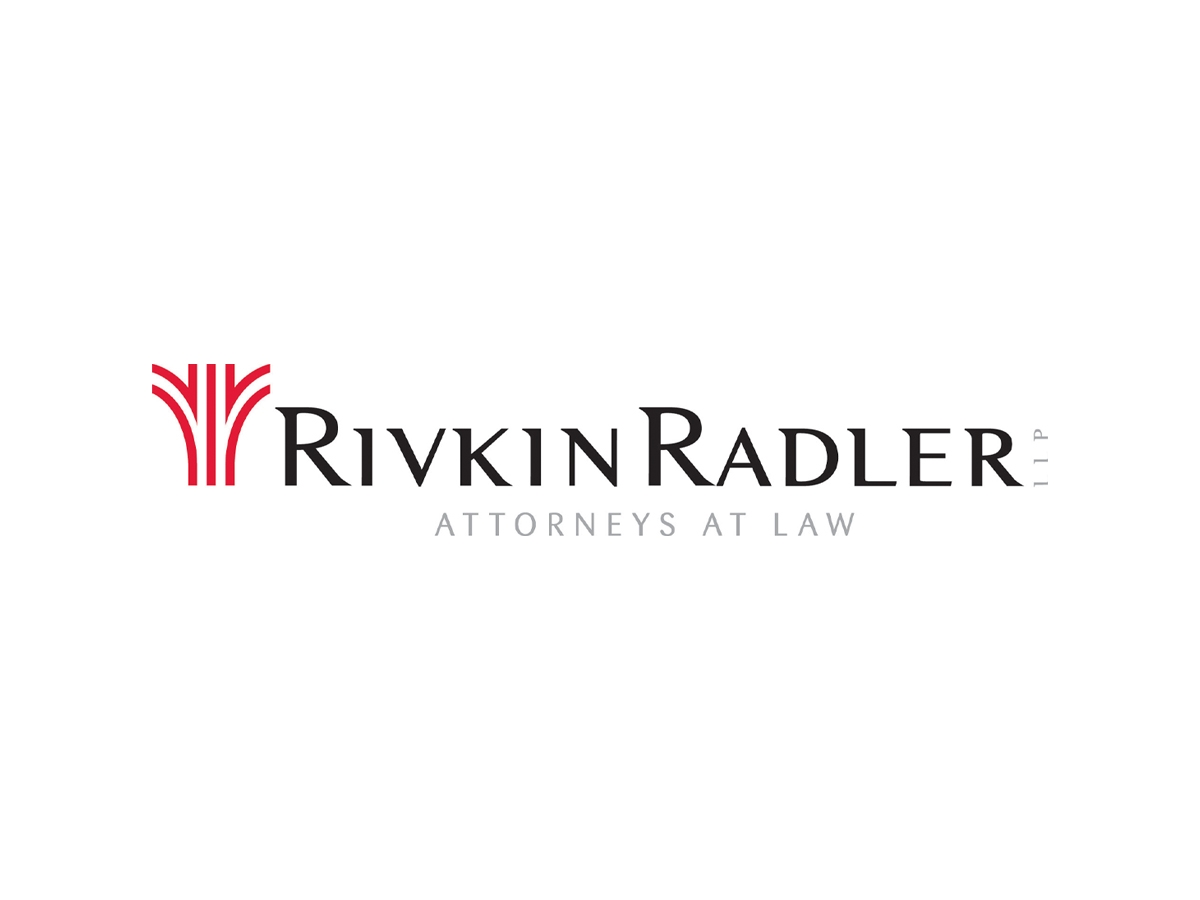On February 25, 2022, New York Governor Kathy Hochul signed legislative amendments that relieve some of the more stringent insurance disclosure obligations for defendants under the Insurance Full Disclosure Act (CIDA) of December 2021.
CIDA, enacted on December 31, 2021, significantly expanded the scope of the defendant’s insurance disclosure obligations under CPLR 3101(f). CIDA has imposed a host of new disclosure obligations on defendants and defense attorneys. Among other things, CIDA has required disclosure of all primary, excess and umbrella insurance policies that may be used to satisfy a judgment in the action, information related to lawsuits and payment of attorneys’ fees that eroded policy limits for these policies (including the identities of parties and attorneys who received these payments) and insurance policy applications. CIDA has also required defense attorneys and defendants to continually certify that these disclosures are accurate and complete.
Perhaps most important for practitioners, CIDA’s insurance disclosure obligations are self-executing. Defendants must disclose information about covered insurance whether plaintiffs request it or not. In addition, CIDA retroactively enforced ongoing lawsuits. For ongoing lawsuits, defendants had to comply by March 1, 2022.
CIDA’s onerous demands were met by a significant and immediate pushback from insurers and practitioners. Upon its passage, the New York Legislature began working on amendments to reduce some of its most stringent disclosure requirements.
The changes that Governor Hochul signed into law addressed some of the concerns of the insurance industry. The amendments received near unanimous support from the New York legislature.
The amendments remove some of the more onerous aspects of CIDA. Above all, CIDA no longer applies to ongoing lawsuits. CIDA now only applies to lawsuits filed after CIDA’s effective date of 12/31/21. The amendments also extend the timelines for disclosing new lawsuits from 60 to 90 days after a response is served. In addition, CIDA no longer requires the disclosure of insurance claims.
Yet the core of CIDA’s disclosure requirements remains. Requirements are always self-executing. Defendants must still disclose applicable primary, excess and umbrella policies, but the amendments clarify that these disclosures only cover policies related to the claim in dispute. Defendants must always disclose available insurance limits on policies as eroded, although they need not disclose information about the specific lawsuits that eroded the limits. In addition, defense attorneys and defendants must always certify that information is accurate and complete, and provide updated information at certain designated stages of litigation.
Defense attorneys in cases filed in New York State in 2022 should review these requirements. As rule disclosure deadlines come into effect, disputes will arise and courts will inevitably have to interpret CIDA and its amendments.

